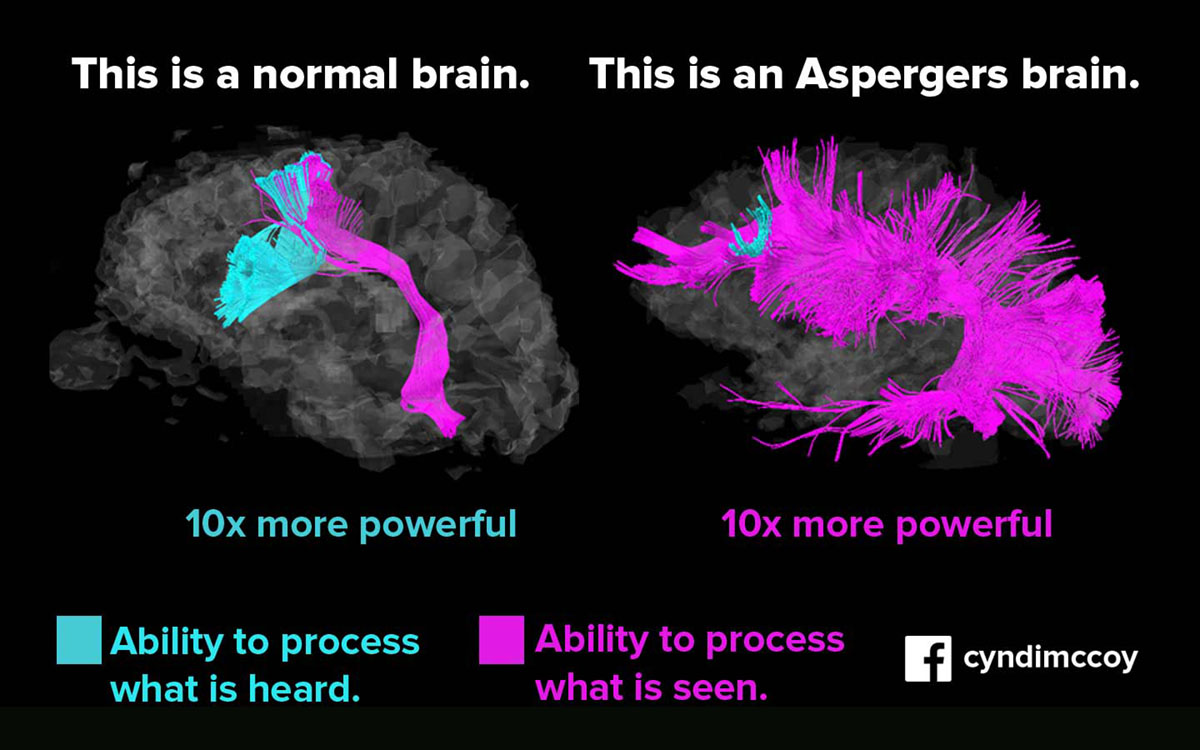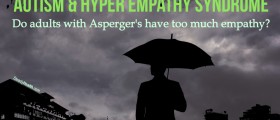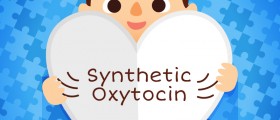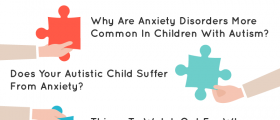
Asperger’s Syndrome-Overview
Doctors group Asperger's syndrome with other conditions that are called autistic spectrum disorders or pervasive developmental disorders. These disorders all entail problems with social skills and communication.
It is often considered a high functioning form of autism, i.e. it differs from other autism spectrum disorders by its relative preservation of linguistic and cognitivedevelopment. People with this syndrome have difficulty interacting socially, repeat behaviors, and often are clumsy.
This disorder was described in 1944 by Hans Asperger, who referred to it as “autistic psychopathy”. He noticed that some of the children in his practice lacked nonverbal communication skills, were very clumsy and demonstrated limited empathy for the other children. It became a standard diagnosis almost fifty years later, but there are still many questions to be answered when it comes to this condition.
Causes
The cause of Asperger syndrome is yet to be found. A genetic component is sure to play some part in it, given that the condition has been noticed to run in families. However, the specific gene responsible has not been identified. The disorder also seems to be linked to structural abnormalities in several regions of the brain. It is highly likely that environmental influences play a role as well.
Symptoms
Asperger's in adults is not easily detected at a first glance as they are normal in their outward appearance. Asperger's syndrome symptoms in adults can only be identified by monitoring the Asperger syndrome typical behavior. Although they might have expressed their symptoms their entire life, this syndrome is only usually diagnosed when they have reachedadulthood.
The most common symptoms of this condition in adults are: displaying unusual nonverbal communication (such as awkward gestures, few facial expressions, and lack of eye contact, etc.), inability to express oneself, clumsiness, inability to understand what others wish to convey (mostly because they cannot understand gestures, facial expressions and change in one’s tone), odd posture, monotonous, rigid, or unusually fast speech; showing an intense obsession with one or two narrow, specific subjects, and having long-winded, one-sided conversations about them; lack of empathy, difficulty controlling emotions (such as anger, depression), etc.
Treatment
There is no cure for Asperger’s syndrome, i.e. the core signs of this condition cannot be cured. No specific treatment for the core symptoms of Asperger's syndrome is available. However, educational and behavioral supports (such as speech therapy, occupational therapy, sessions of cognitive behavioral therapy, etc.) are the primary treatments used for individuals with Asperger syndrome. Thiscan only help one manage some of the of the problem behaviors. But, most often, no treatment is needed, for people with this syndrome are often normal and exceptionally talented and intelligent.

















Your thoughts on this
Loading...